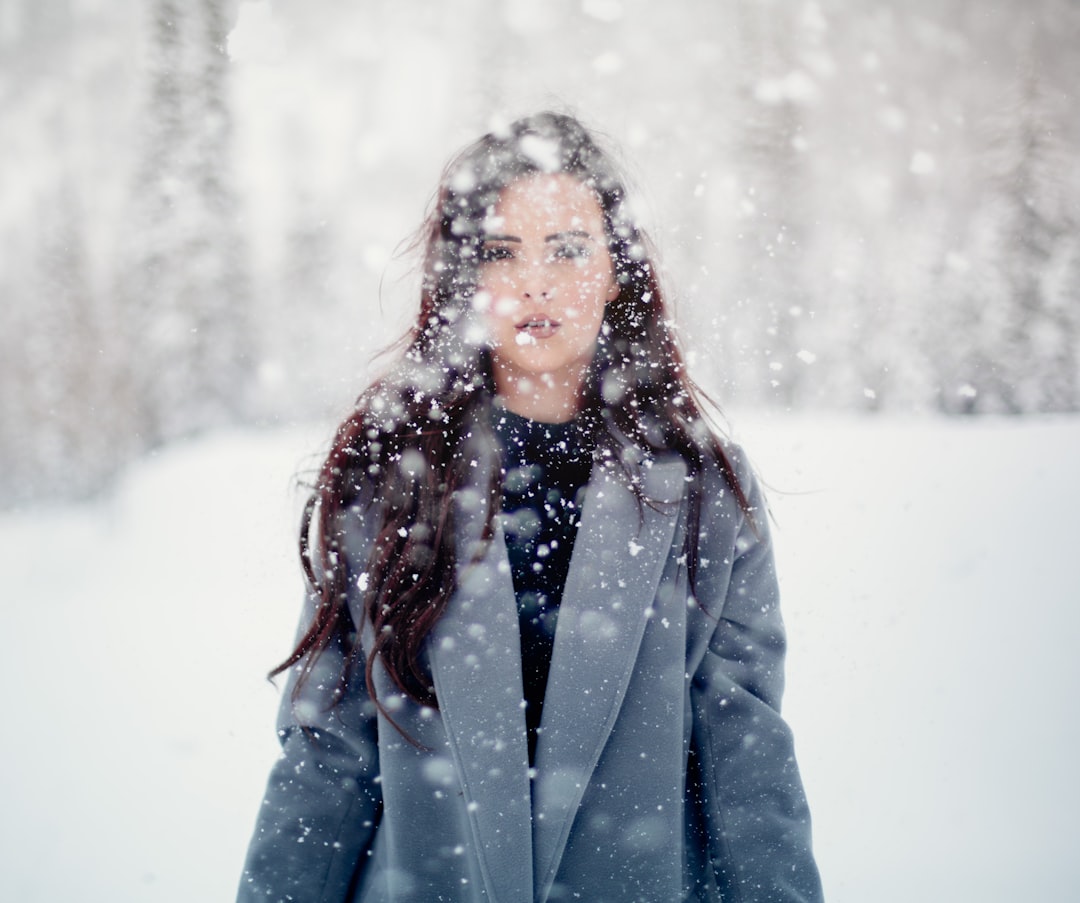How to Pick the Perfect Winter Extension Cord
Winter weather can be harsh on outdoor extension cords, causing them to become brittle and potentially dangerous. As the temperature drops, it’s important to choose the right extension cord for your outdoor needs. Here are some tips on how to pick the perfect winter extension cord.
Length and Gauge
When it comes to extension cords, length and gauge are two important factors to consider. The length of the cord will determine how far you can place your outdoor devices from a power source. For winter use, it’s best to choose a shorter cord to minimize the risk of damage from cold temperatures.
The gauge of the cord refers to its thickness, with lower gauge numbers indicating a thicker cord. For outdoor winter use, it’s recommended to choose a cord with a lower gauge, such as 12 or 14, as they are better equipped to handle the cold weather.
Outdoor Rating

Not all extension cords are suitable for outdoor use, especially in the winter. Look for cords that are specifically rated for outdoor use and can withstand cold temperatures. These cords will typically have a thicker, more durable outer coating to protect against the elements. It’s also important to check the cord’s rating for amps and watts to ensure it can handle the power needs of your outdoor devices.
Insulation
Insulation is crucial for protecting your extension cord from the cold weather. Look for cords with thick, heavy-duty insulation that can withstand freezing temperatures.
Rubber and vinyl are two common materials used for insulation in outdoor extension cords. Rubber is more flexible and durable, making it a better choice for colder climates. Vinyl is less expensive but can become stiff and brittle in extreme cold, increasing the risk of damage.
Safety Features
When using extension cords in the winter, safety should be a top priority. Look for cords with built-in safety features such as grounded plugs and outlets, which can help prevent electrical shocks. It’s also important to choose cords with a UL (Underwriters Laboratories) or ETL (Intertek) certification, which means they have been tested and approved for safety.
Usage and Storage

Before purchasing an extension cord, consider how you will be using it and where you will be storing it. If you plan on using the cord for heavy-duty outdoor tasks, such as powering a snowblower, make sure to choose a cord with a higher gauge and a higher amp rating. If you will be storing the cord outdoors, look for cords with a flexible, weather-resistant coating that can withstand extreme temperatures.
By considering the length and gauge, outdoor rating, insulation, safety features, and usage and storage, you can pick the perfect winter extension cord for your needs. Remember to always follow safety precautions when using extension cords and never overload them with too many devices. With the right extension cord, you can safely and efficiently power your outdoor devices all winter long. Stay warm and stay safe!
